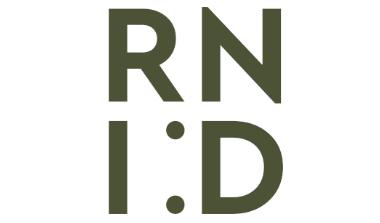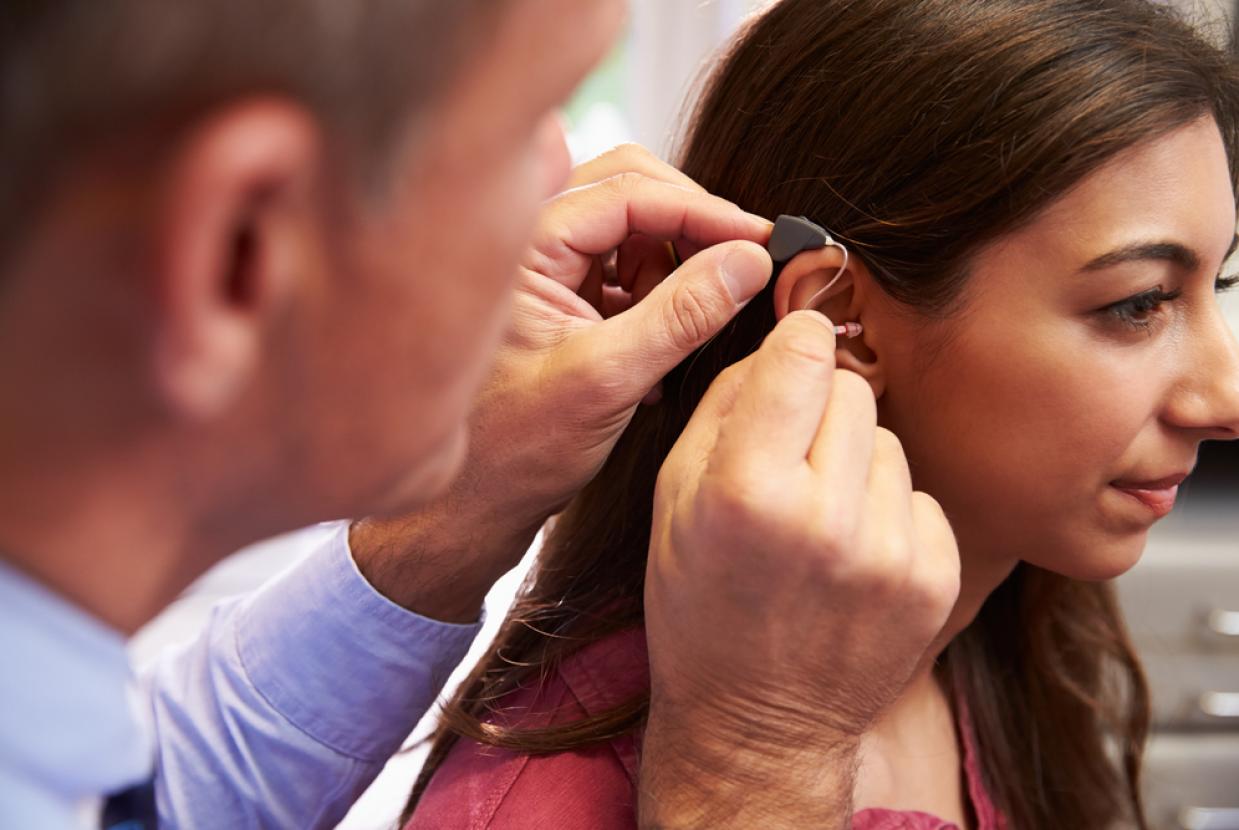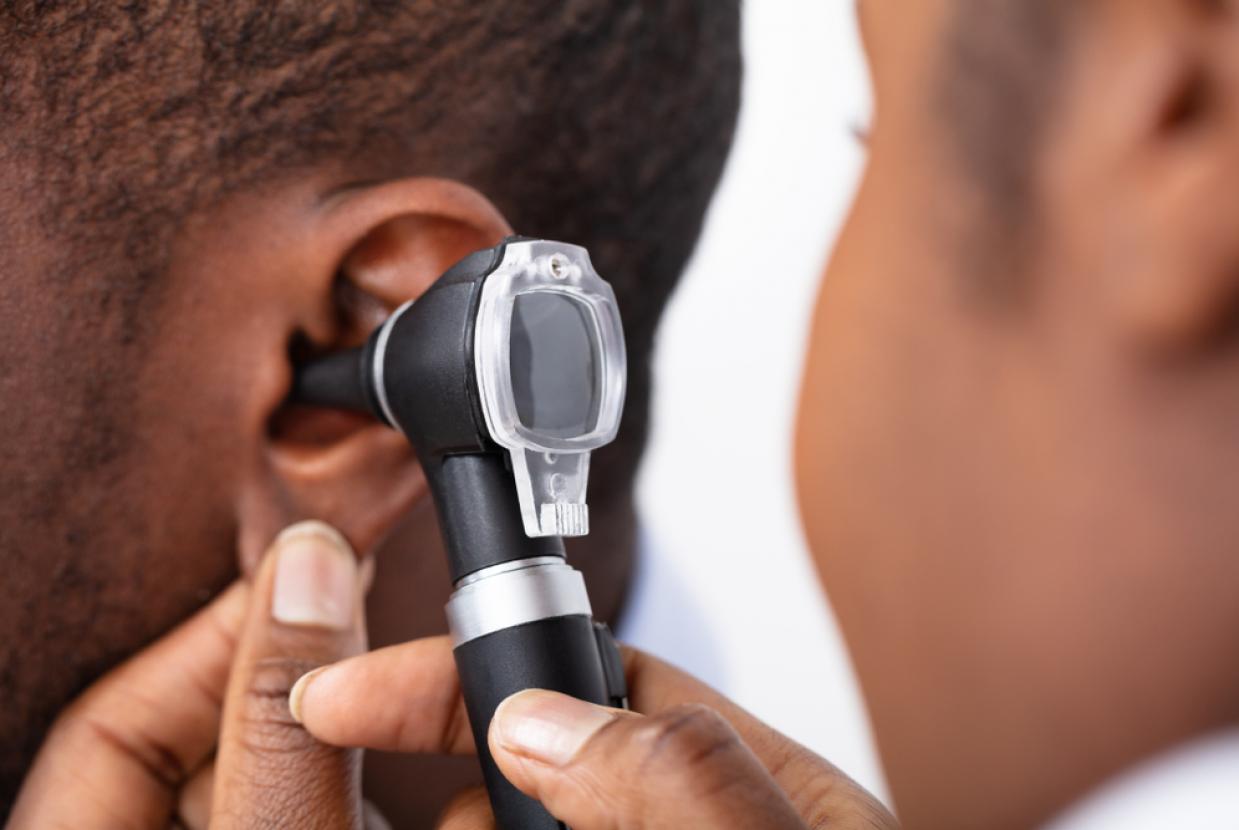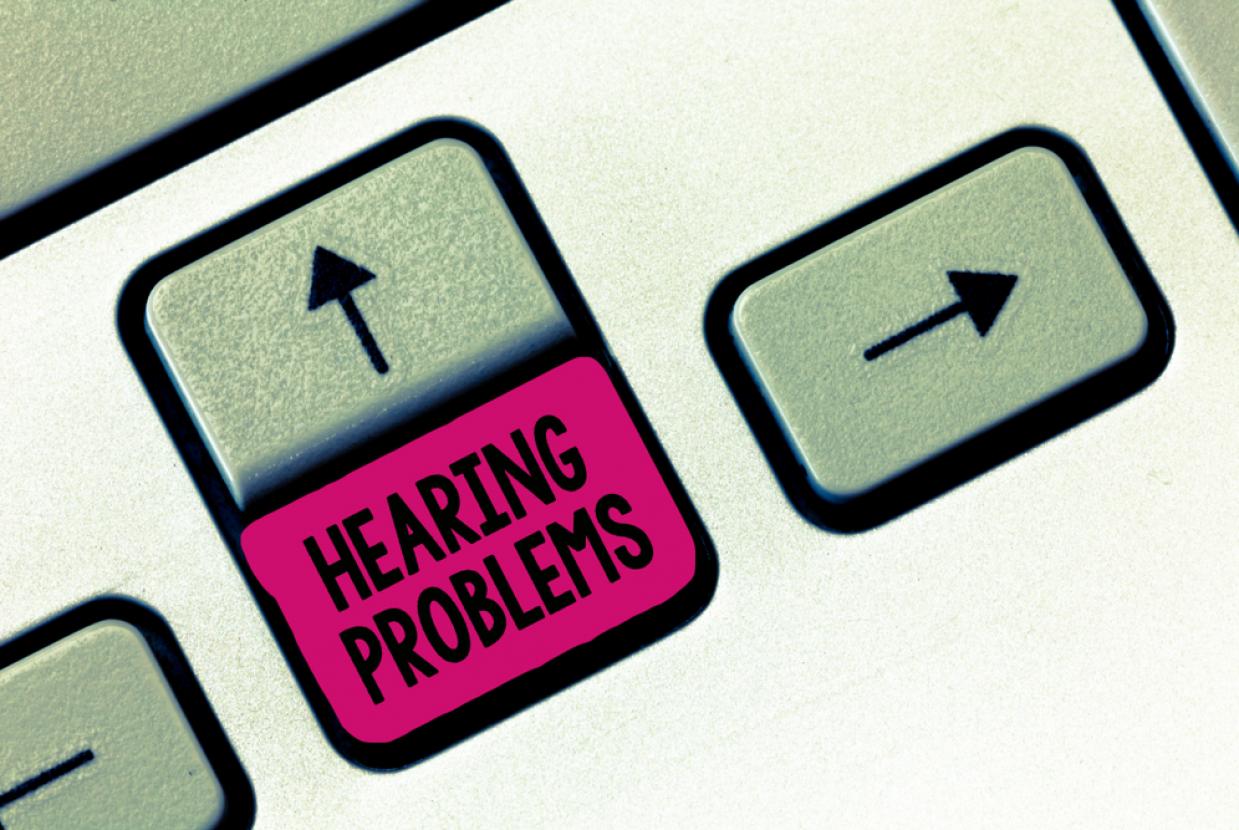Communication Tips
Our research shows many people aren’t confident in communicating with people who have hearing loss, or British Sign Language (BSL) users.
- you have hearing loss, you may find these tips helpful when sharing your communication needs with others.
These three simple steps can help you to get started:
1. Get my attention
Use simple gestures like waving to get my attention.
2. Face me
Please face me when you talk to me. Lots of people rely on lipreading to some degree to understand.
3. Be patient
Don’t be afraid to repeat or rephrase and try something different.
More communication tips
Make people aware that you are deaf or have a hearing loss and share your preferred communication style.
- Make sure the person gets your attention before they start speaking.
- Make sure they face you.
- Make sure you can see their face clearly.
- Ask them to speak normally and not exaggerate their lip movements.
- Ask them to speak clearly.
- Ask them to repeat or say things differently if you do not understand what they have said.
- Reduce background noise by moving to a quieter space, if possible.
- Use assistive devices, like remote microphones with hearing aids, to hear speech more clearly over background noise.
- Write things down – use pen on paper, text on device screens or whiteboards.
- If you want, ask them to speak to a relative or friend.
Communication tips for video and voice calls
You might find it useful to talk to your colleagues or friends about how they can best communicate with you over video and voice calls. It may be helpful to share these tips:
If on a video call:
- Make sure you are in a well lit area but don’t sit with a source of light behind you. This can put your face into shadow and make it harder for someone to lipread.
- Face the camera and don’t cover your mouth while speaking.
- If there is a group, make sure that only one person is speaking at a time. This can also help make sure captions are more accurate, if they are used.
- Mute your microphone when you are not speaking to reduce background noise.
- Make use of chat functions that might exist when using video or voice software. They can help to clarify details, especially with numbers.
- Use an agenda and stick to the order to provide context for what is being said.
- Read our guide to using the accessibility features on video conferencing apps.
If on a phone call:
- Make sure to reduce background noise by taking the call from a quiet place.
- If you are not understood, try rephrasing what you are saying.
- Check out our guide on how to get clearer calls from your phone.





































